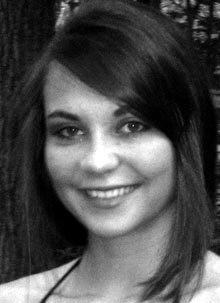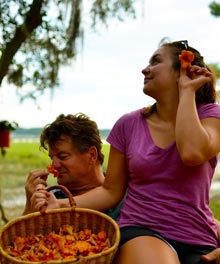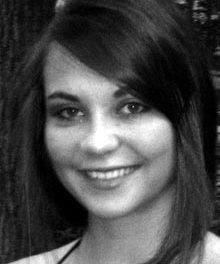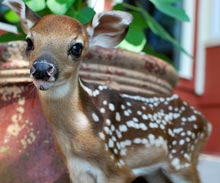 I breathe in the salt air and think, I know what it is like to grow up without the tides. It is like growing up without the change of colors in the trees during autumn. I came to the Lowcountry in tears, grateful and insecure, leaving behind what I knew and cherished forever. Or at least so it felt. I was moving back in with my parents after college.
I breathe in the salt air and think, I know what it is like to grow up without the tides. It is like growing up without the change of colors in the trees during autumn. I came to the Lowcountry in tears, grateful and insecure, leaving behind what I knew and cherished forever. Or at least so it felt. I was moving back in with my parents after college.
I can’t help but compare this strange transition to a second childhood, the difference being that I am not a little girl anymore; I am twenty-three and ripe. I feel like fallen fruit—broken off but still living on their grounds—only I don’t live in Charlotte anymore. This time “home” is in Beaufort, South Carolina.
The backyard is different in my second childhood. The porch is now a sandy floor covered with tree roots rather than the terracotta tiles that my father and mother laid. The shade comes from a sparse forest draped with lacey Spanish moss rather than patches of sour Concord grapes that once hung above us.
The grass is much taller in my second childhood; I am too. Just like hair in the sunlight, the marsh grass is multi-colored and shines from the light reflecting off the brackish water. No-see-ums have taken the place of carpenter bees and wasps; and a dead shriveled tree reaches out toward the water instead of the giant cherry blossom. Strangest of all, there is this river instead of the forest. Each day it seems to take two long breaths in and out. If only I could breathe as slowly and live each hour in awe of the present moment.
I still wonder like a child, only now it’s about my future. I look outside to ask the questions I don’t understand, the questions I want answered. I look unto the Lowcountry. I do not judge it or know how I am to think of it. It’s natural to simply see and listen and absorb.
It’s funny how the outdoors can both silence me and feel like a conversation. I am listening to it, taking it all in, admiring it, thinking a thousand different thoughts or none at all. The nature listens back, takes me in, admires me, reverberates everything and nothing at once. We go back and forth. We don’t have to say a word. Only I am left here lying on the boardwalk with my consciousness that challenges how the nature makes me feel.
As the Lowcountry changes with the winter season, so does my backyard. I don’t see the fiddler crabs anymore on my porch. I don’t see the family of dolphins every day, can’t seem to catch shrimp either. Winter tends to be a time of hibernation from the outdoors, but not for everyone.
My best friend from childhood actually moved to Beaufort too, making him also my second childhood best friend. However, this time he’s sort of homeless.
“Where are you?” I ask him on the phone. It’s night and raining and the cops are everywhere.
“I’m here,” he says. I pull up behind him in the parking lot into a giant puddle. I step out of my mother’s BMW and quickly jump into his car.
“Let me move my furniture,” he jokes, moving his leather bags. “Like my walk-in closet?” He motions his head to the backseat. “It’s my bed too.”
“Check out the pad,” I joke back. Somehow we can be light-hearted and laugh about his first night sleeping in his car (besides that one night at Bonnaroo). I blame it on our youth.
Living outside for the sake of a dream as opposed to destitution—as in his case and that of many other young Americans—showcases youth’s resilience. I suppose we know best how to dance on the knife’s edge, between letting adversity swallow our spirit and letting confidence pull us up by the collar. Maybe my friend, maybe I feel defeated and hopeless, but it’s that idealism that picks us up and dusts off the shoulder.
My friend would tell you he’s “classy homeless”; and if you saw his haut fashion sense or heard him speak of current events, you couldn’t imagine upon a more perfect paradox. But how would you judge someone who’s found a home outside during the winter? So far I’ve found that the Lowcountry’s beautiful frontier accepts us all. This winter I’d like to explore life outside.
(First published in December 2011)







